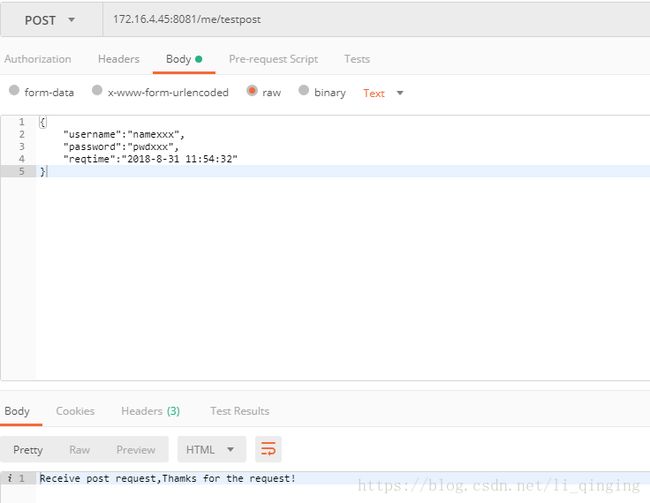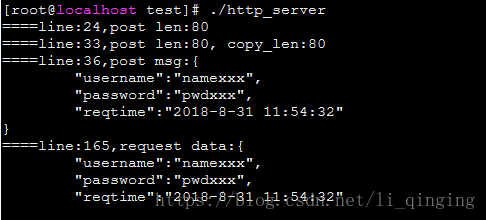基于libevent库实现的http server示例
最近在工作当中接触到libevent库,用于http server端功能还是比较强大,特在此记录一笔,以备后面查漏补缺。首先是下载安装,直接去官网下载对应版本的安装包,解压安装即可,这里就不啰嗦了。
#tar
#./configure
#make
#make install
完成安装之后,就可以开始编写自己的示例程序了,先上代码:
#include 关于代码,相应的注释已经很清楚了,这里主要说明一下编译有关的问题,编译的时候需要引入libevent库相关的头文件目录,动态库路径和名称。
编译命令:gcc -o http_server http_server.c -I/usr/local/include/ -L/usr/local/lib/ -levent
-I/usr/local/include/ :头文件路劲
-L/usr/local/lib/ :动态库路劲
-levent :动态库名称(libevent.so)
附get请求和post请求及处理结果,使用postman工具模拟发送http命令,
下载地址:postman下载地址下载后一键安装即可用。



